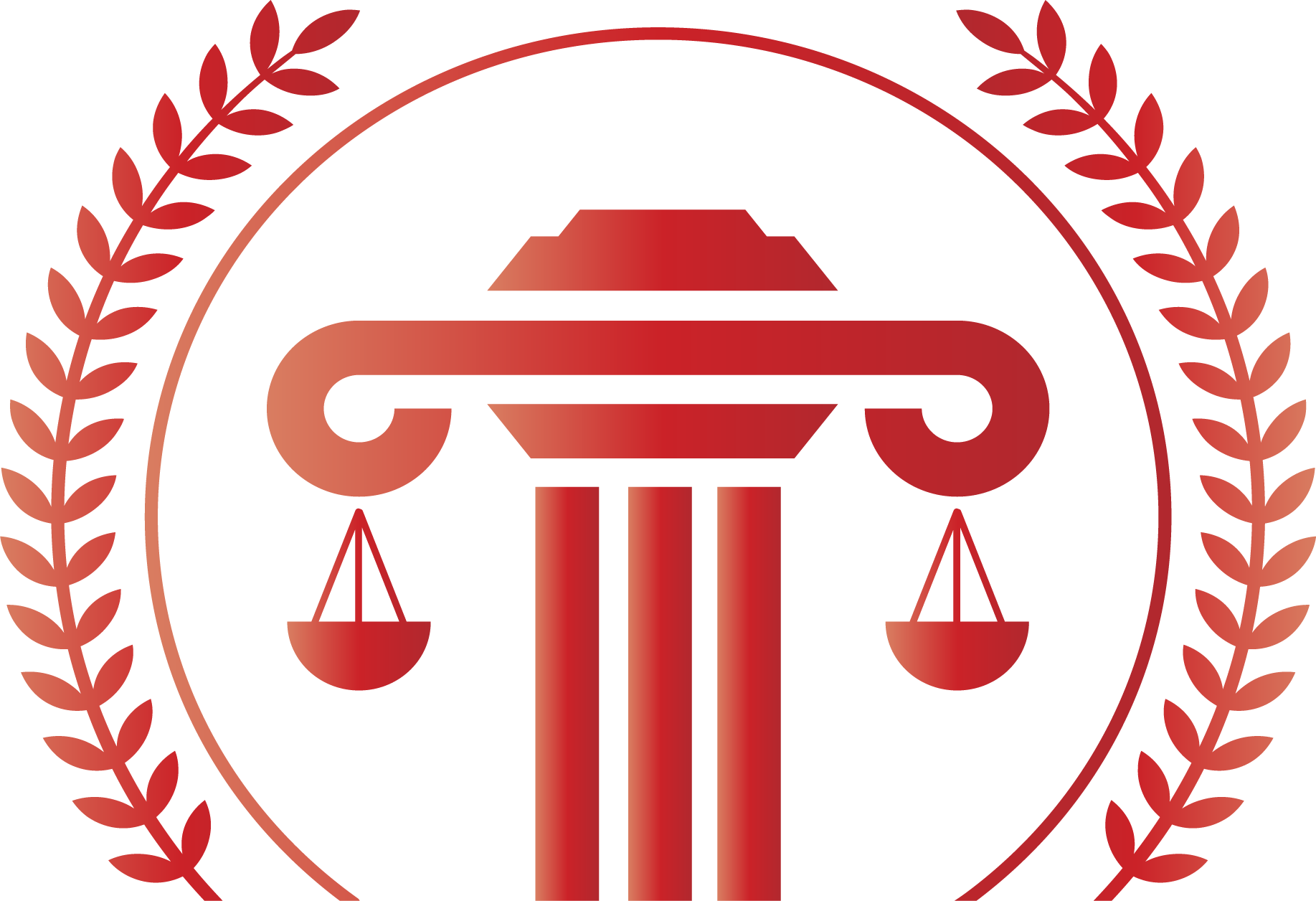Healthcare Data Protection: New GDPR Guidance for Medical Institutions
The Information Commissioner's Office has issued updated guidance on GDPR compliance for healthcare organizations, addressing data sharing, patient consent, and cross-border transfers with enhanced requirements for medical data protection.

Key GDPR Healthcare Updates
Enhanced Requirements
Consent Management
Stricter standards for obtaining and managing patient consent
Data Sharing Protocols
New frameworks for secure healthcare data sharing
Compliance Obligations
Cross-Border Transfers
Enhanced safeguards for international medical data transfers
Breach Notification
Accelerated reporting requirements for healthcare data breaches
Regulatory Context and Background
The Information Commissioner's Office (ICO) has released comprehensive updated guidance on GDPR compliance specifically tailored for healthcare organizations, reflecting the unique challenges and responsibilities associated with processing sensitive medical data. This guidance comes in response to evolving healthcare practices, increased digitalization of medical services, and lessons learned from data protection incidents in the healthcare sector.
The healthcare sector processes some of the most sensitive personal data, including medical records, genetic information, mental health data, and biometric identifiers. The special category nature of health data under GDPR requires additional safeguards and heightened compliance obligations that go beyond standard data protection requirements applicable to other sectors.
The updated guidance addresses emerging challenges in healthcare data processing, including the growth of telemedicine, increased use of artificial intelligence in medical diagnosis and treatment, cross-border medical research collaborations, and the integration of wearable health monitoring devices into clinical care pathways.
Enhanced Consent Management Requirements
The new guidance establishes more stringent requirements for obtaining, managing, and documenting patient consent for healthcare data processing. Healthcare organizations must implement robust consent management systems that can track consent across multiple purposes, treatments, and data sharing arrangements while ensuring that patients can easily understand and control how their data is used.
Consent must be specific, informed, and freely given, with clear explanations of how medical data will be used, who will have access to it, and how long it will be retained. The guidance emphasizes that blanket consent for all possible future uses of medical data is not acceptable, and healthcare providers must obtain separate consent for different purposes such as treatment, research, and quality improvement activities.
Consent Management Framework
Consent Collection
- • Clear, plain language explanations
- • Specific purpose identification
- • Voluntary consent verification
- • Digital consent capture systems
Consent Management
- • Centralized consent databases
- • Real-time consent status tracking
- • Automated consent expiry alerts
- • Cross-system consent synchronization
Patient Rights
- • Easy consent withdrawal mechanisms
- • Consent history access
- • Granular consent controls
- • Regular consent review prompts
Special Considerations for Vulnerable Patients
The guidance provides detailed requirements for obtaining consent from vulnerable patient populations, including children, patients with mental health conditions, and individuals with cognitive impairments. Healthcare organizations must implement additional safeguards and may need to obtain consent from parents, guardians, or legal representatives while still respecting patient autonomy where possible.
For pediatric patients, the guidance clarifies when children can provide their own consent and when parental consent is required, taking into account the child's age, maturity, and the nature of the medical treatment or data processing involved. Healthcare providers must also consider how to handle situations where children reach the age of majority and may wish to modify consent decisions made by their parents.
Data Sharing and Interoperability
Healthcare data sharing is essential for coordinated patient care, medical research, and public health initiatives, but it also presents significant data protection challenges. The updated guidance provides comprehensive frameworks for secure and compliant healthcare data sharing, including requirements for data sharing agreements, technical safeguards, and ongoing monitoring of data sharing arrangements.
The guidance recognizes that healthcare data sharing often involves multiple organizations, including hospitals, general practitioners, specialists, laboratories, and research institutions. Each data sharing arrangement must be properly documented with clear agreements that specify the purposes of sharing, the types of data involved, security requirements, and responsibilities of each party.
Technical requirements for data sharing include encryption in transit and at rest, access controls that limit data access to authorized personnel, audit logging of all data access and sharing activities, and regular security assessments of data sharing systems and processes.
Healthcare Data Sharing Framework
Internal Sharing
Within Healthcare Organizations
Multidisciplinary team access, departmental coordination, and integrated care pathways
Electronic Health Records
Centralized patient records with role-based access controls and audit trails
External Sharing
Healthcare Networks
Regional health information exchanges and integrated care systems
Research Collaborations
Academic partnerships, clinical trials, and population health studies
Cross-Border Data Transfers
International healthcare collaborations, medical tourism, and global research initiatives often require cross-border transfers of healthcare data. The updated guidance provides detailed requirements for ensuring that such transfers comply with GDPR adequacy requirements and include appropriate safeguards to protect patient data when transferred to countries outside the European Economic Area.
Healthcare organizations must conduct transfer impact assessments before sharing patient data internationally, evaluating the data protection laws and practices in the destination country and implementing additional safeguards where necessary. This is particularly important for transfers to countries that do not have adequacy decisions from the European Commission.
Standard contractual clauses and binding corporate rules provide mechanisms for ensuring adequate protection for international healthcare data transfers, but organizations must also consider supplementary measures such as encryption, pseudonymization, and data minimization to enhance protection for sensitive medical information.
Technology and Digital Health Compliance
The rapid adoption of digital health technologies, including telemedicine platforms, mobile health applications, wearable devices, and artificial intelligence systems, presents new challenges for healthcare data protection. The guidance addresses these emerging technologies and provides specific requirements for ensuring GDPR compliance in digital health environments.
Telemedicine platforms must implement robust security measures including end-to-end encryption, secure authentication, and comprehensive audit logging. Healthcare providers using telemedicine must also ensure that patients understand how their data will be processed and stored, particularly when using third-party platforms or cloud services.
Digital Health Compliance Requirements
Telemedicine
- • End-to-end encryption
- • Secure patient authentication
- • Session recording controls
- • Data residency compliance
Mobile Health Apps
- • Privacy by design implementation
- • Granular permission controls
- • Local data processing options
- • Regular security updates
AI and Analytics
- • Algorithmic transparency
- • Bias detection and mitigation
- • Explainable AI requirements
- • Automated decision-making controls
Artificial Intelligence in Healthcare
The use of artificial intelligence in healthcare, including diagnostic algorithms, treatment recommendation systems, and predictive analytics, requires careful consideration of GDPR requirements, particularly regarding automated decision-making and profiling. Healthcare organizations must ensure that AI systems are transparent, explainable, and subject to appropriate human oversight.
Patients have the right to know when AI systems are being used in their care and to understand how these systems make decisions that affect them. Healthcare providers must implement mechanisms for patients to request human review of AI-generated recommendations and to challenge automated decisions where appropriate.
Data Breach Response and Incident Management
Healthcare data breaches can have particularly serious consequences for patients, potentially affecting not only their privacy but also their safety and access to care. The updated guidance establishes enhanced requirements for healthcare data breach response, including accelerated notification timelines and specific considerations for assessing the risk to patients from different types of healthcare data breaches.
Healthcare organizations must have comprehensive incident response plans that address the unique aspects of medical data breaches, including coordination with clinical teams to assess potential impacts on patient care, communication with patients and families, and coordination with relevant healthcare regulators and professional bodies.
The guidance emphasizes the importance of regular testing and updating of incident response procedures, staff training on breach identification and response, and maintaining detailed documentation of all data protection incidents and the organization's response to them.
Healthcare Data Breach Response Framework
Immediate Response
Containment
Immediate steps to stop the breach and prevent further data exposure
Assessment
Rapid evaluation of breach scope, affected data, and potential patient impact
Ongoing Management
Notification
Timely notification to ICO, patients, and other relevant stakeholders
Remediation
Long-term measures to address vulnerabilities and prevent recurrence
Research and Clinical Trials
Medical research and clinical trials involve complex data processing arrangements that must comply with both GDPR requirements and specific regulations governing medical research. The guidance provides detailed frameworks for ensuring that research activities meet data protection requirements while enabling important medical research to continue.
Research consent must be specific to the research purposes and cannot be bundled with consent for clinical care. Patients must understand how their data will be used in research, who will have access to it, how long it will be retained, and their rights regarding the research use of their data, including the right to withdraw consent.
The guidance addresses the challenges of longitudinal research studies, international research collaborations, and the use of historical medical data for research purposes. It also provides specific requirements for research involving vulnerable populations and sensitive medical conditions.
Implementation Strategies and Best Practices
Successful implementation of the enhanced GDPR requirements for healthcare organizations requires comprehensive planning, significant investment in systems and training, and ongoing monitoring and improvement of data protection practices. Healthcare organizations should conduct thorough gap analyses to identify areas where current practices do not meet the new requirements.
Key implementation priorities include upgrading consent management systems, enhancing data sharing agreements and technical safeguards, implementing comprehensive staff training programs, and establishing robust incident response capabilities. Organizations should also consider appointing specialized data protection officers with healthcare expertise.
The guidance emphasizes the importance of privacy by design in healthcare systems, requiring organizations to consider data protection requirements from the earliest stages of system design and implementation rather than treating data protection as an add-on consideration.
Enforcement and Penalties
The ICO has indicated that it will take a robust approach to enforcement of GDPR requirements in the healthcare sector, recognizing both the sensitivity of healthcare data and the critical importance of healthcare services. Healthcare organizations that fail to comply with the enhanced requirements may face significant financial penalties, enforcement action, and reputational damage.
The guidance emphasizes that the ICO will consider the specific circumstances of healthcare organizations when taking enforcement action, including the potential impact on patient care and the organization's efforts to achieve compliance. However, this does not diminish the expectation that healthcare organizations will meet the highest standards of data protection.
Healthcare organizations should prioritize compliance not only to avoid enforcement action but also to maintain patient trust and confidence, which are essential for effective healthcare delivery. The guidance provides a roadmap for achieving and maintaining compliance while continuing to deliver high-quality patient care.
Need Healthcare Data Protection Guidance?
Our healthcare law specialists can help you navigate GDPR compliance requirements
